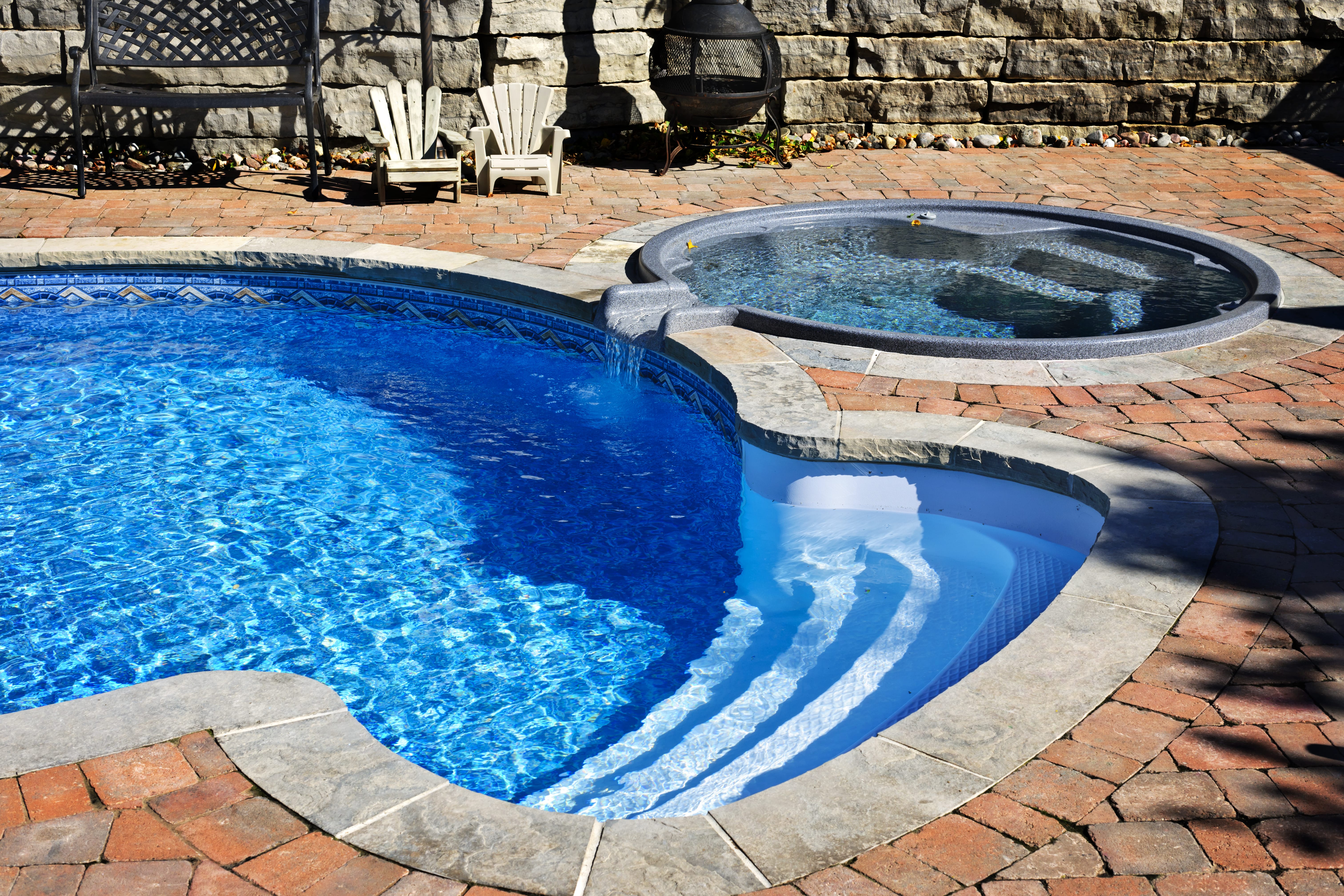Understanding the Importance of Summer Pool Maintenance
As temperatures rise, maintaining your pool becomes even more essential to ensure clean, safe, and inviting water. A well-maintained pool not only enhances your backyard experience but also prevents issues such as bacteria growth, algae formation, and equipment damage. Regular upkeep ensures that your pool remains a refreshing oasis throughout the summer months.
Why is Pool Maintenance Crucial in Summer?
Preventing Common Summer Pool Issues
The combination of heat, increased usage, and external elements like debris can lead to several pool problems. Algae growth, cloudy water, and chemical imbalances are more likely during the summer. Regular maintenance helps prevent these issues and keeps your pool water crystal clear.
Ensuring Safe and Healthy Swimming Conditions
Balanced pool chemistry is essential to prevent skin irritation and waterborne illnesses. Chlorine and pH levels need to be consistently checked to maintain safe swimming conditions. Proper filtration and cleaning routines also contribute to better water hygiene.
How Often Should You Maintain Your Pool in Summer?
During the peak season, pool maintenance should be performed at least once a week. This includes:
- Testing water chemistry (chlorine, pH, alkalinity, and calcium hardness)
- Skimming and vacuuming debris
- Checking and cleaning the filtration system
- Ensuring the water level remains optimal
By staying on top of these tasks, you can avoid larger problems and keep your pool ready for use at any time.
Essential Pool Maintenance Tips for Summer
1. Maintain Proper Pool Chemistry
What Chemicals Need Regular Monitoring?
Balanced water chemistry prevents irritation and protects pool surfaces and equipment. Key chemicals to monitor include:
- Chlorine: Keeps water sanitized and prevents bacteria and algae.
- pH Levels: Should be between 7.2 and 7.6 to avoid skin irritation and corrosion.
- Alkalinity: Helps stabilize pH levels, ideally between 80-120 ppm.
- Calcium Hardness: Prevents pool surface damage, recommended at 200-400 ppm.
How to Test and Adjust Pool Chemistry
Use a pool test kit or digital tester at least once a week to check chemical levels. Adjust accordingly by adding chemicals in small doses and retesting after a few hours.
Pool Shocking: When and Why?
Pool shocking involves adding a high dose of chlorine to eliminate bacteria and algae. This should be done:
- Weekly during peak summer usage
- After heavy rain or pool parties
- If water appears cloudy or has a strong chlorine smell
Shocking ensures a fresh, bacteria-free swimming environment.
2. Keep Your Pool Clean and Debris-Free
Skimming and Vacuuming
- Skim the pool daily to remove floating debris.
- Vacuum the pool weekly to remove dirt from the bottom.
- Brush pool walls and tiles to prevent algae buildup.
How Pool Covers Reduce Maintenance
A pool cover prevents debris, reduces water evaporation, and limits algae growth by blocking sunlight. Investing in an automatic cover can significantly cut down maintenance time.
3. Optimize Your Pool’s Filtration System
How Long Should You Run the Pool Filter?
- 8-12 hours per day during summer to maintain water clarity.
- Ensure the filter is cleaned regularly to prevent clogging and inefficiency.
- Consider backwashing (for sand filters) or rinsing out cartridges (for cartridge filters) as needed.
4. Manage Water Levels
What is the Ideal Water Level?
The pool water should be at the midpoint of the skimmer to allow proper filtration. Too low, and the pump could be damaged. Too high, and the skimmer won’t function efficiently.
Check water levels regularly, especially after heavy rain or excessive splashing.
5. Prevent and Control Algae Growth
Algae thrive in warm, untreated water. To prevent it:
- Maintain proper chlorine levels
- Brush pool walls weekly
- Use algaecides if needed
- Shock the pool if algae begin to form
6. Inspect and Maintain Pool Equipment
Regularly inspect your pump, filter, skimmer, and heater for signs of wear. Cleaning and replacing parts when necessary will prevent costly repairs and keep your pool running efficiently.
Additional Seasonal Pool Maintenance Tips
Preventing Stains and Scaling
- Use a sequestering agent to prevent calcium buildup.
- Clean tiles and grout to prevent staining from minerals or organic debris.
Energy-Efficient Pool Operation
To keep summer pool costs down:
- Use a solar cover to retain heat and reduce evaporation.
- Run the filter during off-peak hours to save on energy bills.
- Consider upgrading to a variable-speed pump, which is more efficient than traditional pumps.
Common Mistakes to Avoid
- Overusing chlorine: Too much can cause skin and eye irritation.
- Ignoring water circulation: Poor circulation leads to algae growth.
- Neglecting to clean filters: A clogged filter reduces efficiency.
Conclusion: Keeping Your Pool in Top Condition
Consistent pool maintenance ensures clean, safe, and inviting water all summer long. By balancing chemicals, keeping the pool clean, and optimizing filtration, you’ll enhance your swimming experience and extend the life of your pool. With a proper routine, your pool will remain the centerpiece of summer fun and relaxation.
